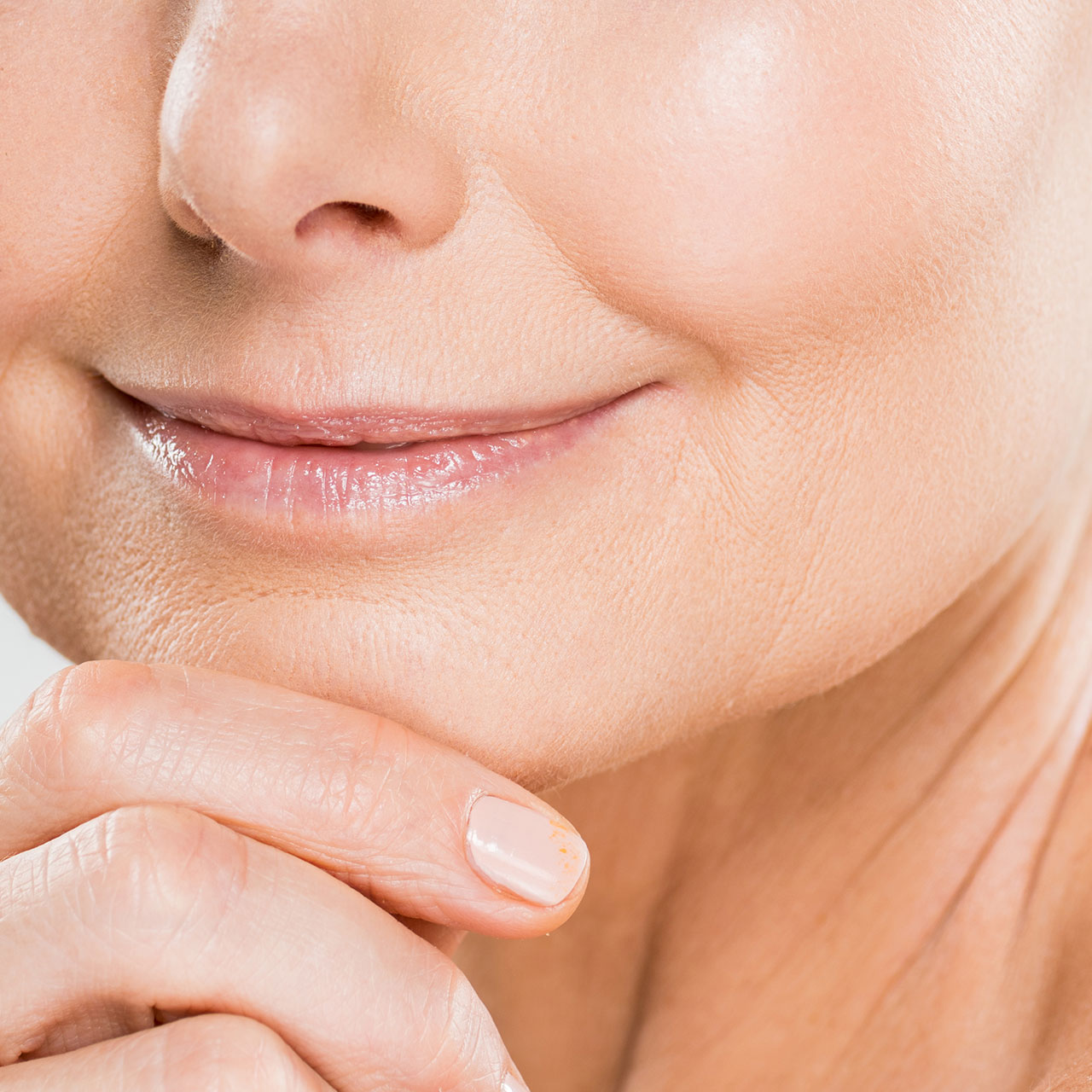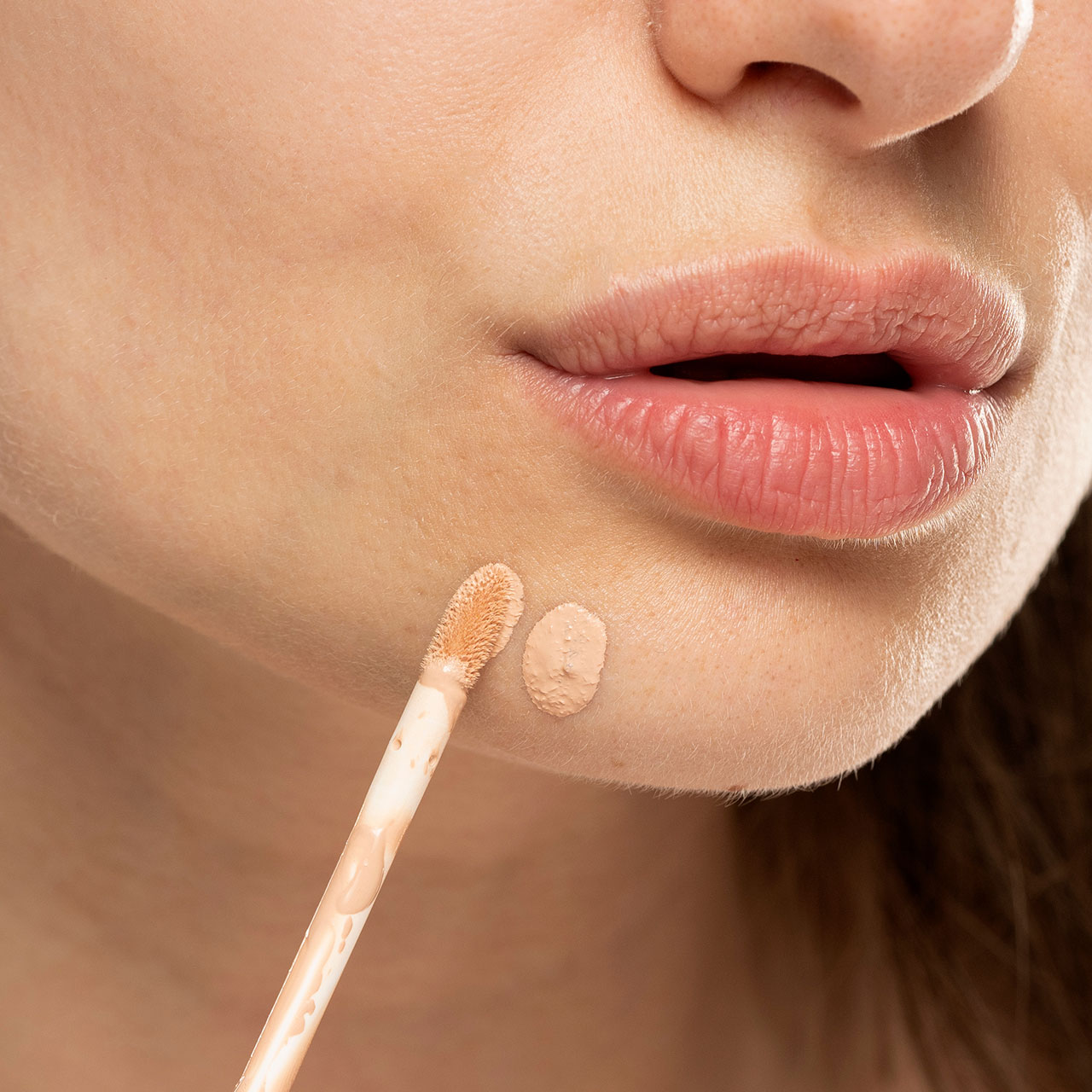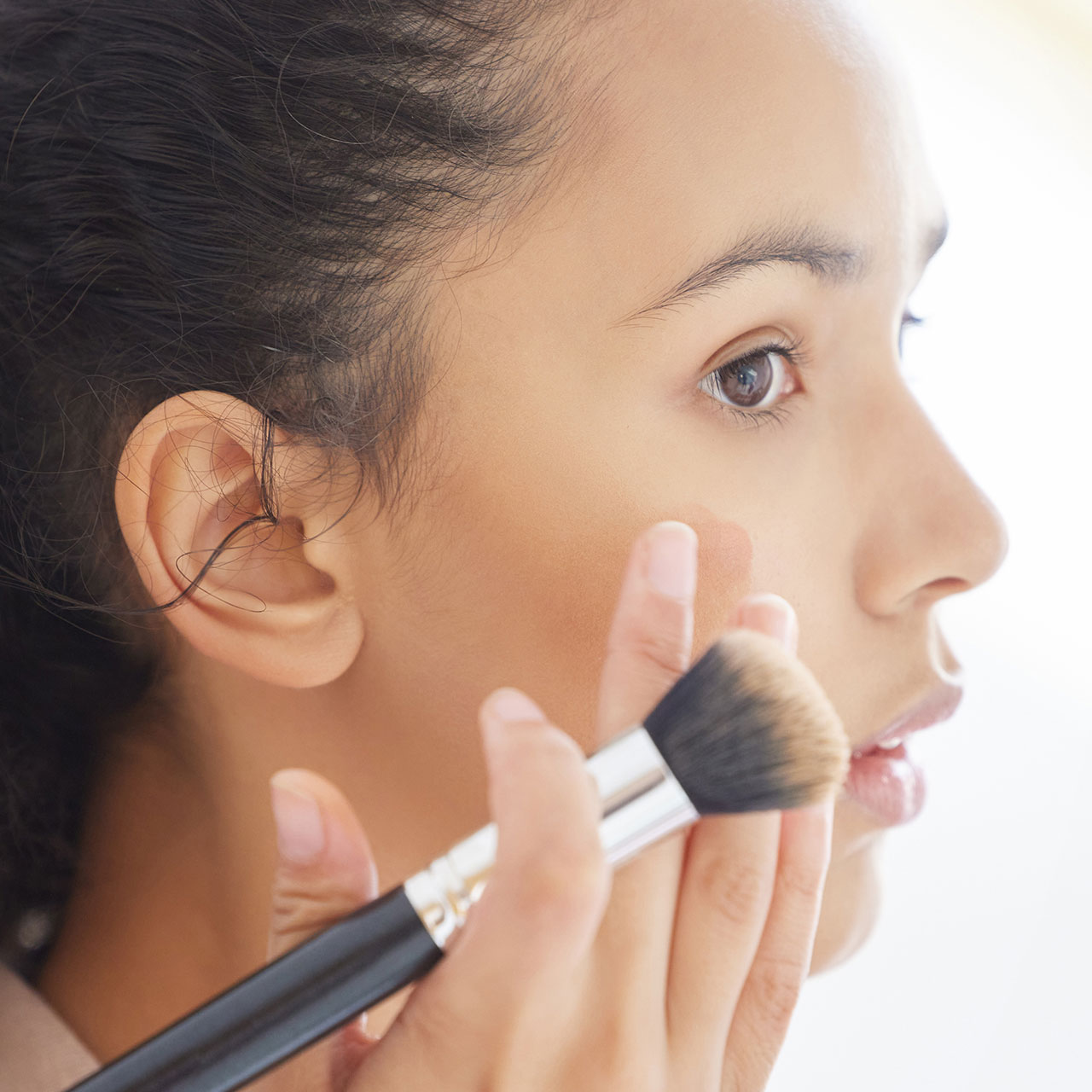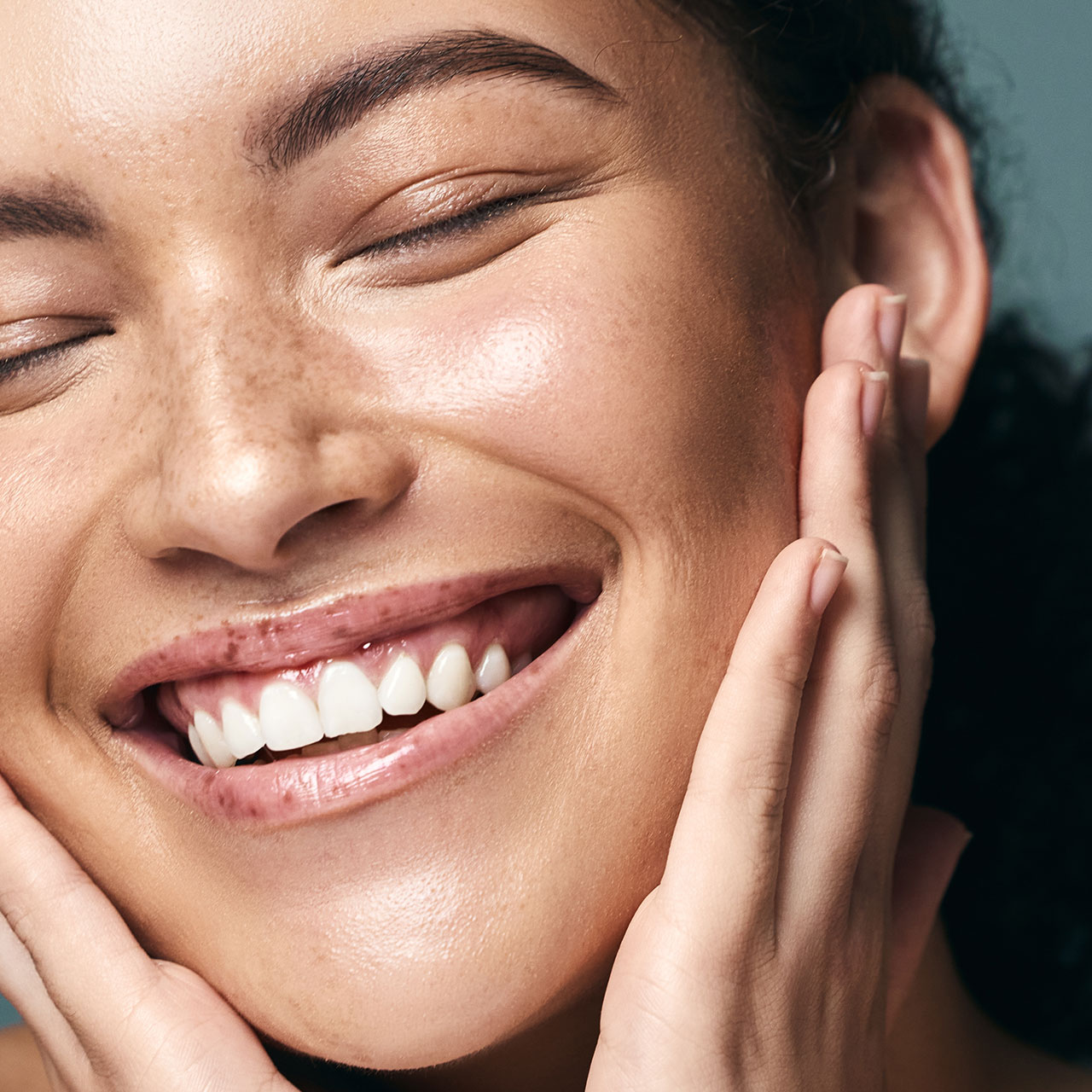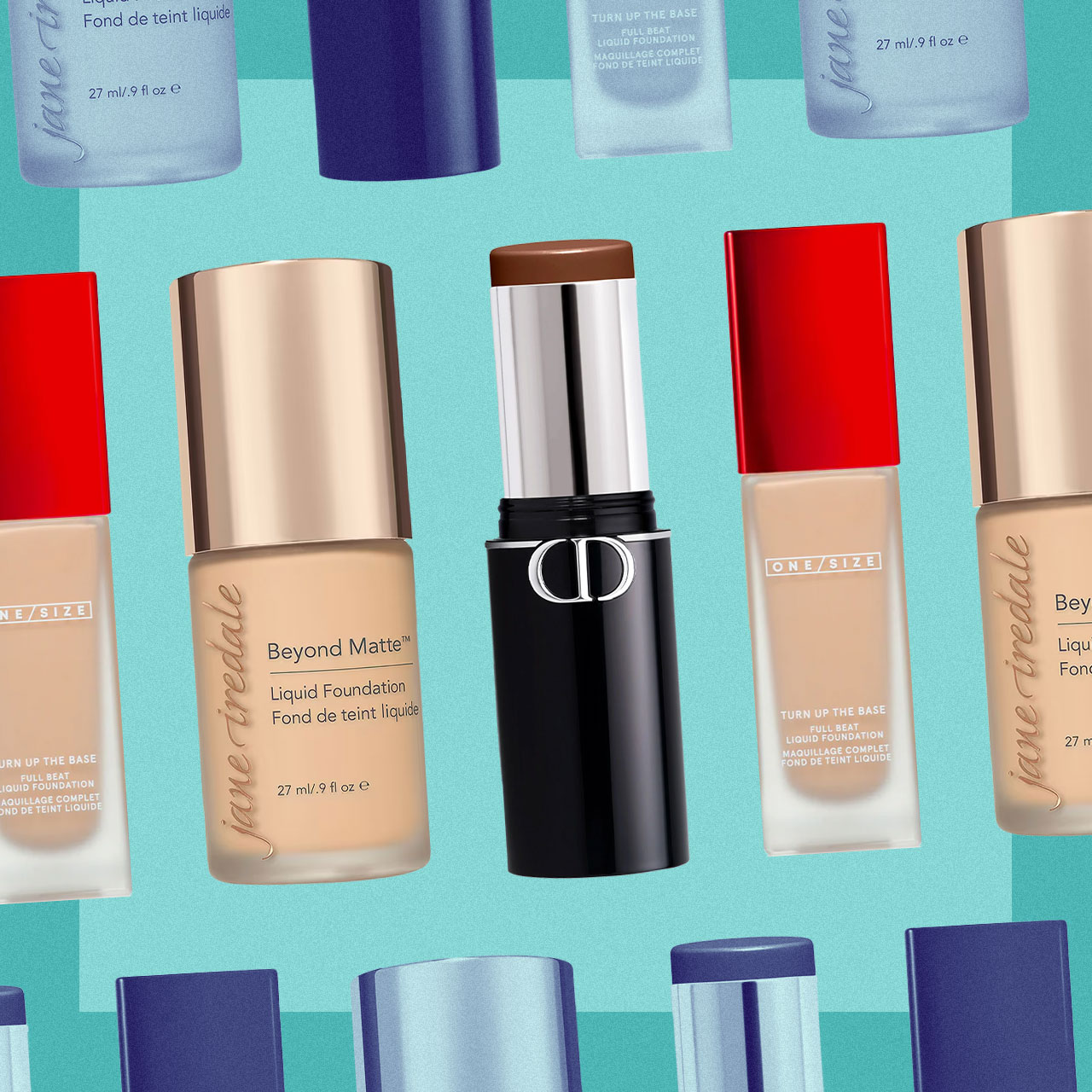While aging and its natural effects like wrinkles are inevitable for everyone, experts say what we consume can heavily impact the rate at which this happens. A well-balanced diet, ample hydration and the right skincare products can all help someone preserve a youthful glow, so lacking to do these things can lead to the opposite. We checked in with skincare and health experts to ask what type of food, in their opinion, could make someone age faster and dry out their skin (helping more wrinkles form). Read on for tips from dermatologist Dr. Paula Morgan, MD, PhD, FRCPC, FAAD, board-certified dermatologist and cosmetic surgeon Dr. Nadir Qazi, registered nutritionist Jay Cowin, NNCP, RNT, RNC, CHN, CSNA, and registered dietitian Trista Best, RD, MPH.


How A Heavy Intake Of Processed Meats Can Lead To Premature Aging Skin
We all know that saying 'you are what you eat,' and eating processed, GMO-infused, chemical-containing food like meats won't help provide the moisture your skin needs to preserve its smooth state. "Processed foods are often high in sugar, low in nutrients and usually contain additives that can damage cells," Morgan explains. "Processed meats, she says, are filled with "saturated fats and nitrates, both of which can lead to inflammation of the skin."
Best agrees and notes that processed meats, "even those that are considered healthy," can be "damaging to your health and cause you to age more rapidly," she says, as they are made with ingredients that can "speed up" the aging process. There are two primary causes of accelerated aging that appear on the skin, adds Best, "excessive unprotected sun exposure and advanced glycation end products (AGEs)." AGE's form as a result of sugar combined with fat or protein (all found in processed meats). This description describes most processed convenience foods like processed meats, Best continues. "These products increase aging and also lead to poor gut health, and both of these side effects are damaging to overall health."
As for common ways processed meats are prepared, Cowin says that sodium chloride and nitrates are often added to these food products, and these add-ons are culprits for dried out, wrinkling skin. Sodium chloride is more commonly known as table salt and is used as a taste enhancer and preservative for meats. "Too much salt can do several things to aging skin. It can cause the skin to swell, which makes wrinkles more pronounced," Cowin says. "It can also draw out water from the skin, making it look dry and irritated. This increases the chances of wrinkles and worsens skin conditions like eczema."
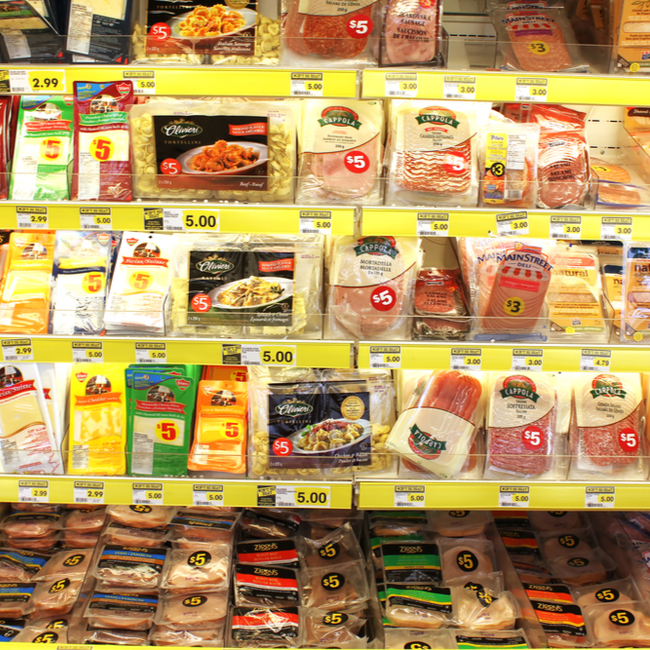
Nitrates are also added to meat to preserve and protect them against bacteria growth. However, Cowin notes, when cooked/exposed to high heat, the nitrates can turn into harmful compounds called nitrosamines that lead to health problems like cancer. "As for what it does to the skin, nitrates can cause it to age prematurely by damaging collagen and elastin, leading to saggy skin and wrinkles," he says.
Regarding nitrates in meats leading to premature aging, Qazi agrees, and adds that "high-nitrate meats," like "processed sandwich meats, bacon, pepperoni, and hot dogs"can change the chemical balance in our bodies that advance premature aging. "Everything from collagen production, blood sugar levels, skin elasticity, and hydration control the nature and appearance of our skin," says Qazi.

Suggestions Re: Limiting (And Eventually Stopping) Intake
As lean meats are often praised for boosting collagen and other health benefits, it's important to note that you don't have to stop eating meat entirely for optimal skin health. Processed meats, however, can lead to a wide array of drawbacks from premature aging skin to weight gain if eaten in heavy amounts consistently and frequently. "If you don’t want to avoid these foods altogether, try to reduce intake to special occasions, and always counterbalance by increasing water and vegetable intake," Qazi advises. Best adds that it's vital to "try to limit these foods in your diet and rely on them only when absolutely necessary." She says to integrate "more whole foods and antioxidant rich foods like fruit and vegetables which will decrease oxidative damage internally and externally," and you may start to see improvements in not only your complexion, but your overall health.








